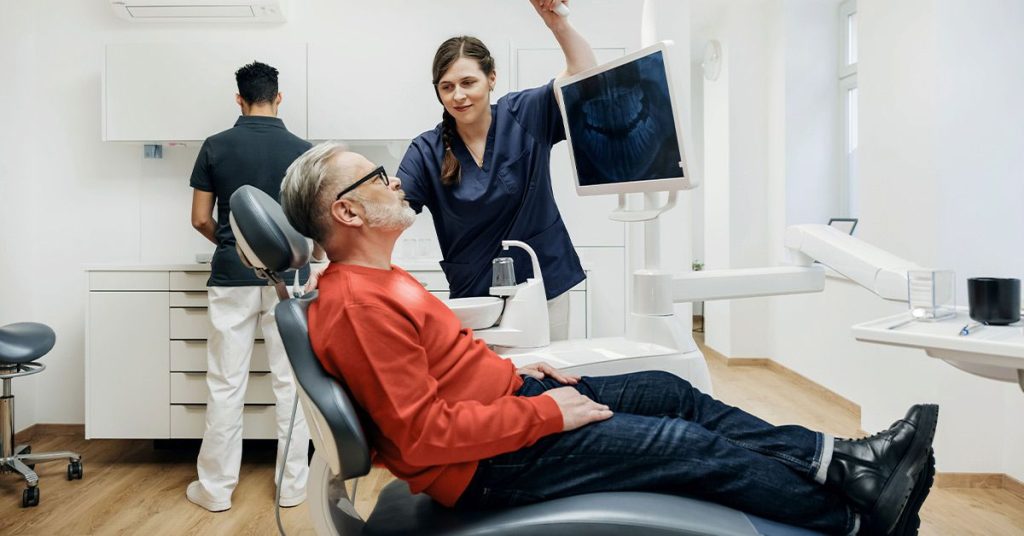Researchers are currently investigating the potential of a simple oral rinse to detect stomach cancer at an early stage. Gastric cancer is often not diagnosed until it has reached advanced stages, making treatment more challenging. The success of this oral rinse as a screening tool still needs to be confirmed through further extensive studies. Preliminary findings suggest that changes in the microbiome could serve as biomarkers for gastric cancer risk, paving the way for early detection and intervention.
In a study presented at Digestive Disease Week 2024, researchers analyzed bacterial samples from individuals with gastric cancer, premalignant conditions, and those without gastric health issues. While there were minimal differences in the microbiome between precancerous and cancerous groups, distinct variances were observed between these groups and the healthy control group. The study indicated that changes in the oral microbiome may occur early on when the stomach environment begins to undergo changes that could eventually lead to cancer. This research could potentially revolutionize current screening methods for gastric cancer and improve early detection rates.
Experts in the field, such as Dr. Anton Bilchik and Dr. Elliot Newman, have highlighted the significance of this research in providing a non-invasive and convenient screening method for gastric cancer. Dr. Bilchik emphasized the importance of identifying specific bacteria that may predispose individuals to cancer, as well as the role of the microbiome in cancer prevention. Dr. Newman acknowledged the promise of the study but emphasized the need for more extensive research to validate its long-term effectiveness. Early detection of stomach cancer can significantly impact survival rates, with prompt treatment resulting in a higher chance of successful outcomes.
Gastric cancer, also known as stomach cancer, originates in the cells lining the stomach and can manifest in various forms. Adenocarcinoma is the most common type of stomach cancer, with gastric cardia cancer affecting the upper part of the stomach and non-cardia gastric cancer affecting other sections. Unfortunately, stomach cancer is often diagnosed at advanced stages when treatment options are limited, leading to lower survival rates. Symptoms of stomach cancer may include abdominal pain, indigestion, bloating, unintentional weight loss, and fatigue, although many individuals may not exhibit any warning signs.
Early detection of stomach cancer is crucial in improving prognosis and increasing survival rates. Treatment for gastric cancer typically involves a combination of therapies, such as surgery, chemotherapy, and radiation. The choice of treatment depends on various factors, including the location and stage of the cancer, the individual’s age and overall health, and personal preferences. Screening tools like the oral rinse being investigated in this study could revolutionize the early detection of gastric cancer, potentially leading to better outcomes for patients. Detecting cancer in its earliest stages is key to ensuring timely intervention and maximizing the chances of successful treatment.


